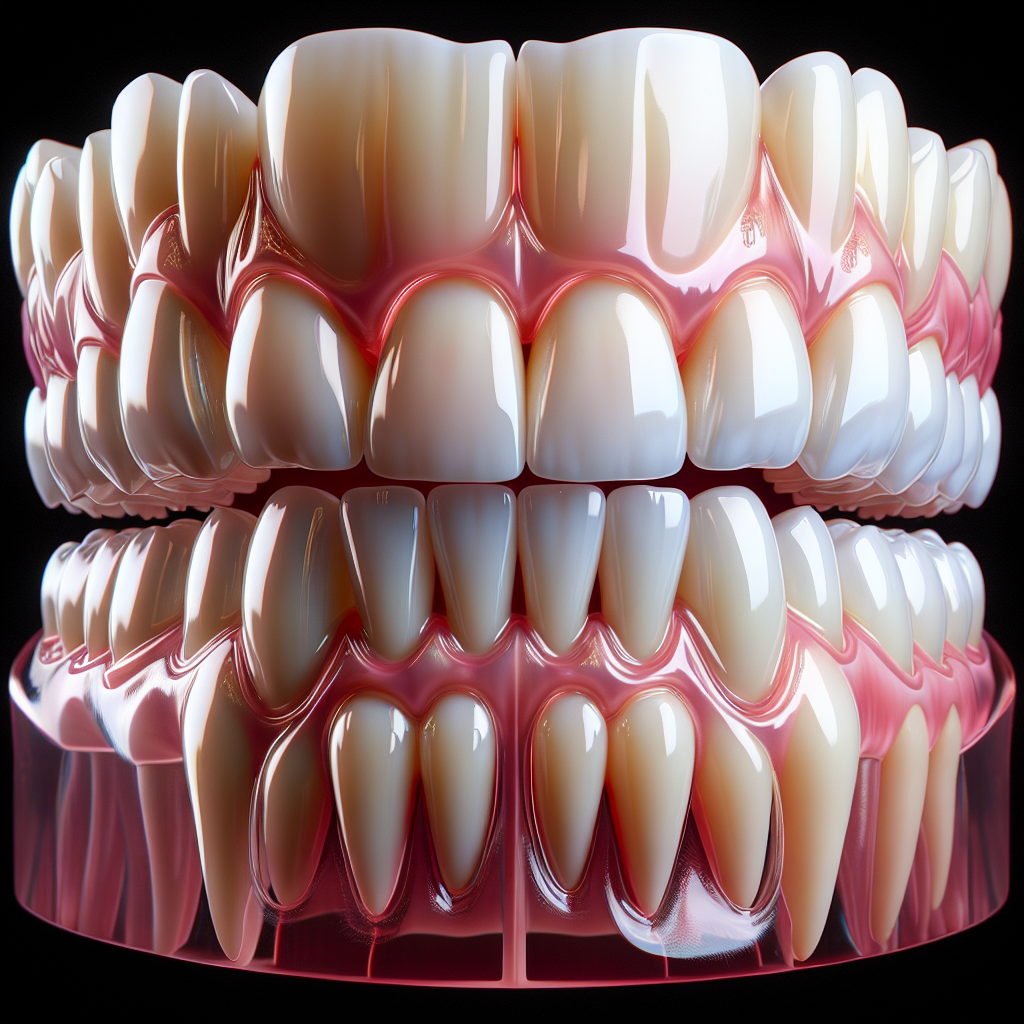Wisdom tooth pain is a common dental issue that often arises in young adults. These third molars typically emerge between the ages of 17 and 25, causing discomfort and inflammation in the back of the mouth. However, not all pain in this area can be attributed to wisdom teeth. In fact, there are several other conditions that can be mistaken for wisdom tooth pain.
One condition that is frequently misdiagnosed as wisdom tooth pain is sinusitis. When the sinuses become inflamed due to allergies or infection, the resulting pressure can cause pain in the upper teeth, including the molars. This discomfort is often confused with wisdom tooth pain, leading to unnecessary dental procedures.
Another common culprit of tooth pain that mimics the symptoms of wisdom teeth is temporomandibular joint (TMJ) disorder. This condition affects the joints that connect the jawbone to the skull and can cause pain, stiffness, and clicking noises when moving the jaw. TMJ pain can radiate to the teeth, giving the impression of wisdom tooth discomfort.
It is estimated that up to 25% of adults suffer from chronic facial pain, with a significant portion of these cases being misattributed to wisdom teeth. This highlights the importance of seeking a professional diagnosis to determine the true cause of dental discomfort. By consulting with a dentist or oral surgeon, individuals can receive an accurate assessment of their symptoms and appropriate treatment options.
What Other Conditions Can Be Confused with Wisdom Tooth Pain?
Are you experiencing discomfort in your mouth and wondering if it could be wisdom tooth pain? It’s important to consider that other conditions can present similar symptoms, such as tooth decay, gum disease, or even referred pain from another area of the mouth. In this article, we will explore the various conditions that can be mistaken for wisdom tooth pain and provide tips on how to differentiate between them. Keep reading to learn more!
Bruised or Infected Gums
If you are experiencing pain in the back of your mouth, it might not necessarily be because of your wisdom teeth. Bruised or infected gums can often cause similar pain, leading you to believe that your wisdom teeth are the culprit.
Ear Infections
Believe it or not, ear infections can sometimes cause pain that radiates to the back of your mouth, mimicking the pain you would feel from wisdom tooth issues. If you are experiencing pain in your ear along with your mouth, it might be worth a trip to the doctor to rule out an ear infection.
Sinus Infections
Since your sinuses are located close to your upper molars, a sinus infection can sometimes be mistaken for wisdom tooth pain. The pressure and pain from a sinus infection can be felt in your teeth, causing you to believe that your wisdom teeth are the problem.
TMJ Disorders
Temporomandibular joint (TMJ) disorders can cause pain in the jaw joint and muscles that control jaw movement. This pain can sometimes be felt in the back of your mouth, making you think that your wisdom teeth are causing the discomfort.
Statistics:
According to a study published in the Journal of Dental Research, up to 73% of adults have at least one erupted or partially impacted third molar (wisdom tooth) by the age of 18-19 years old.
Conclusion
In conclusion, it is crucial to be aware of the various conditions that can mimic wisdom tooth pain in order to receive proper diagnosis and treatment. Sinus infections, jaw joint disorders, and decayed teeth are just a few examples of ailments that can be mistaken for wisdom tooth pain. By understanding the symptoms and distinguishing factors of each condition, individuals can avoid unnecessary dental procedures and seek appropriate care from healthcare professionals.
Furthermore, it is important for individuals experiencing tooth pain to consult with a dentist or healthcare provider to determine the underlying cause of their discomfort. Ignoring or misdiagnosing tooth pain can lead to worsening symptoms and potential complications. By being proactive and seeking timely medical advice, individuals can address the root of their pain effectively and prevent unnecessary discomfort in the future. It is essential to prioritize oral health and seek appropriate treatment for any dental issues to maintain overall well-being and quality of life.

